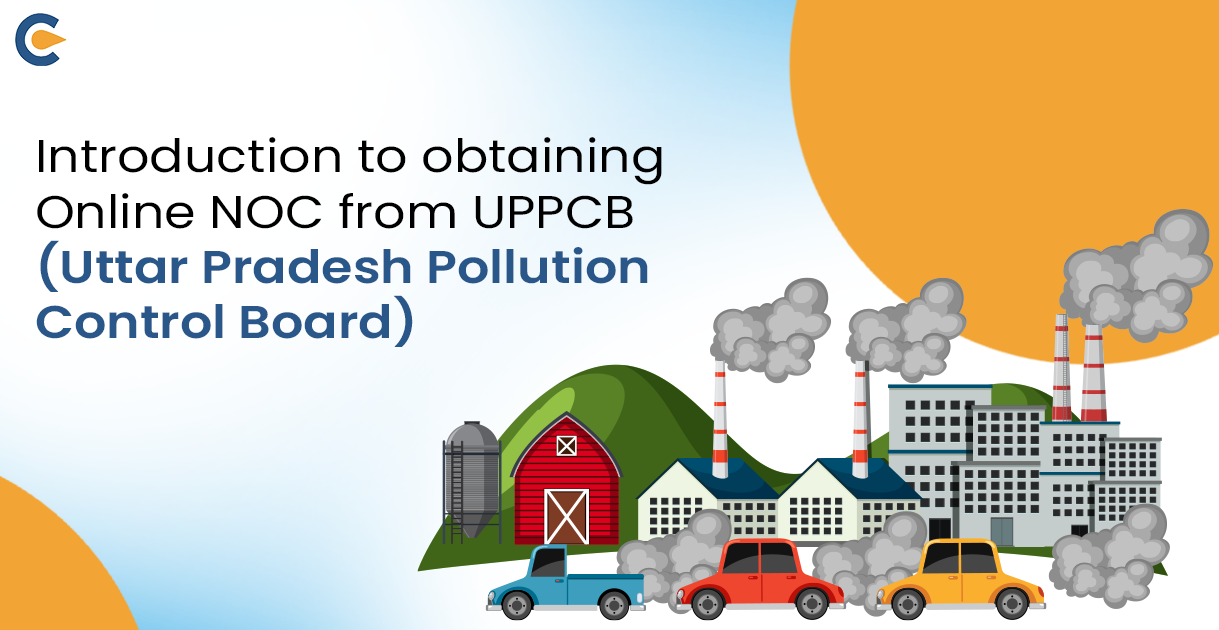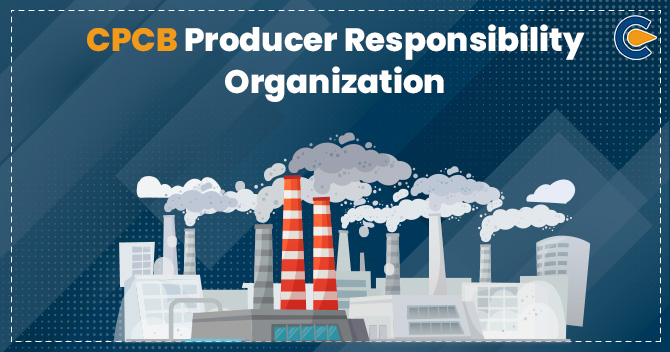With the world now realising and experiencing the negative impact of global warming and climate change leading to loss of biodiversity, Environmental Sustainability has become the most researched and practised phenomenon that promotes mindful use of natural resources to ensure sustainability and equilibrium. Textiles are one of the basic necessities of people, among which India is known for Cotton.
While on first look, this textile does not seem to cause much of the environmental damage like plastic production or e-Waste, but if we look deeper into the textile production process, including Cotton, the picture seems to become more apparent. The amount of water wastage and contamination are becoming more prominent in relation to the textile industries.
Therefore to curb this Pollution and make the producers more liable for their contribution to the environmental problem, the Central pollution control board have listed textile industries as the manufacturing units that require a certificate for Consent, mainly Consent to Operate PCB.
Different Categories of Industries
As per Air and Water Act, Industries are divided into different categories according to which they are issued Certificate of Consent. These categories are set according to the pollution index caused by the operation of those industries by the Ministry of Environment, Forest and Climate Change and Central Pollution Control Board.
The different categories of Industries are: –
White Category- Manufacturing process of the Industry which causes a minuscule amount of Pollution with the Pollution Index less or equal to 20.
Green Category- Manufacturing Process of the Industry which do cause Pollution but in low amount with a pollution index of between 21 to 40.
Orange Category- Industries have high pollution Index of 41 to 59.
Red Category- Industrial process which causes the highest amount of Pollution with a pollution index of 60 and above.
Environmental Impact of Cotton Textile Industry in India
Cotton in India is not only considered necessary for the sake of culture but also for the sake of the economy, with approximately 250 million of the population dependent on the Cotton textile industry for their livelihood. It is estimated that India, one of the largest producers of Cotton, contributes around 22% of the global cotton production.
With this much production, it becomes evident that India is also bearing the most prominent environmental impact that occurs due to Cotton Production. These adverse environmental impacts include an increase in Global warming caused due to realise of nitrous oxide, which is 310 times more potent in causing the greenhouse effect. Then it also causes Water Pollution by firstly consuming a large amount of water. Then the wastewater is disposed of in the waterbody containing all sorts of chemical and toxic dyes. On top of this, it also causes Soil degradation and erosion because of extensive land that is occupied for cotton production and the constant infiltration of chemicals used for cotton production into the soil.
Certificate to Consent
Once the adverse effect of the Cotton Textile industry, including the Spinning and weaving process on the environment, was realised by the authorities, including the Ministry of Environment, Forest and Climate Change[1], they were put under the scrutiny of the Central and State Pollution Control Board. Along with this, it was also made mandatory for them to acquire a Certificate of Consent.
Certificate of Consent is acquired as per the Water (Prevention and Control of Pollution) Act, 1974 and The Air (Prevention and Control of Pollution) Act, 1981 in order to control and manage the Air and water pollution caused due to manufacturing process of the Industry. These certificates are issued by the concerned State Pollution Control Board as per their functions listed under the sections 3 and 4 of the Water (Prevention and Control of Pollution) Act, 1974.
Under Section 25 and Section 21 of the Water (Prevention and Control of Pollution) Act, 1974 and The Air (Prevention and Control of Pollution) Act, 1981, respectively, establish the procedure for grant of Certificate of Consent before the Industry is established and operate.
There are two types of Certificate of Consent that are provided by the State pollution control board:
Consent to Establish PCB: – Under the Water (Prevention and Control of Pollution) Act, 1974 and Air (Prevention and Control of Pollution) Act, 1981, manufacturers are required to acquire the Consent to Establish before the establishment of the Industry. It is also called the State Pollution Control Board NOC.
The Manufacturer is required to register for the certificate through the online portal first by registering to it and then submitting the application with all the required information along with the documents required to be attached by SPCB/CPCB along with the application. After the application is successfully submitted, the premises are inspected by the officer of the Pollution Control Board.
Consent to Operate PCB: – Consent to operate is issued by the State Pollution Control Board once the Industry is established and is ready to operate after acquiring Consent to establish. This certificate is also stipulated under the Water (Prevention and Control of Pollution) Act, 1974 and the Air (Prevention and Control of Pollution) Act, 1981, which is given as per the different categories of the Industries.
Acquiring Consent to Operate PCB for Cotton Spinning and Weaving Business
Consent to operate PCB for Cotton spinning and weaving business is a provided by the concerned state pollution Control board to the manufacturers after they have established the Industry and acquired Consent to establish and the unit is now ready to operate. Industries falling under the White category are exempted from obtaining Consent to Operate PCB.
Procedure
The procedure to acquire Consent to operate involves various steps:-
- The required application form available on the official site of the concerned state pollution authorities must be filled out and uploaded within stipulated guidelines.
- Then the documents requested, along with the fees, are to be uploaded on the site.
- Once the document and fees are submitted, the application is sent to the authorised personnel for revision which is then followed by personal Inspection and preparation of a detailed analysis report which is submitted to the sub-regional officer.
- At last, after this, the application is either approved or rejected.
- For textile industries, including the Cotton spinning and Weaving industry, the Consent to operate that is issued or about to be issued shall be linked with the compliance notification for automatic withdrawal of Industry in case they don’t comply with the standards.
Once the Consent to operate PCB is given, the certificate remains valid for a period of 5 years for the red category, ten years for the orange category and 15 years for the green category. For Consent to operate, renewal is to apply through Online Consent Management & Monitoring System before the expiration of previous DPCC Consent to operate.
Documents required for Consent to operate PCB
- Electricity Bill
- Proof of ownership
- Water Bill
- Pan Card and the Aadhar Card
- Municipality or Industry license
- Health Trade License
- Site Plan
- CA Letter on the total cost of the project
- FSSAI Certificate (for food-related business)
- GST certificate
- Environmental Statement (form-V)
- Authorisation Letter
- Factory/Trade License
- Proof of Registration of unit
Apart from these documents, the Manufacturer also has to show Consent to establish, Manufacturing process Layout plan and solid waste effluent, hazardous waste and fuel gases latest analysis report.
Conclusion
Although Sustainable Cotton textile production has been reported to have a lot of prospective in the market due to a lack of proper awareness among the producers and manufacturers, it faces a serious setback. Therefore, it is important that till the time Cotton textile Business has been transformed into an ecologically sound industry, the producers continue to be held liable for the Pollution and acquire Consent to Operate PCB so that the state Pollution Control Board can track easily track the working and activities of these industries.
Read our Article:CPCB certification For Compostable Plastic Sellers











